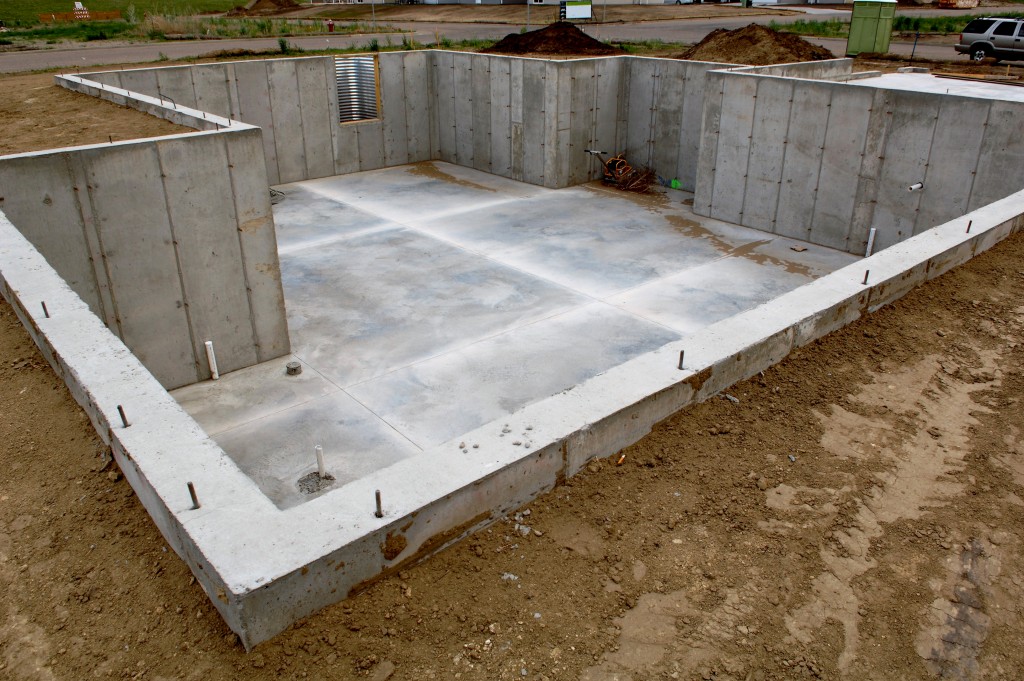These days, the level of moisture in your basement serves as an excellent way to determine the best type of flooring and consequently decide if you need waterproofing for this part of the house.
You can save money when you plan to install and waterproof new flooring as part of a renovation since most contractors include this on the total cost of labor aside from basement finishing. In Utah, an average waterproofing job can cost from $5 to $10 per square foot this year.
Choosing a Flooring Type
If you are sure that moisture won’t be a problem on the basement, an all-around flooring type can be a good choice. Some of the available options include vinyl, plank or sheet for easy installation that you can do by yourself. These are waterproof and won’t take much of an effort for cleaning when in case floodwater reaches the basement.
Ceramic tile also works as an all-around choice for floors, such as for basements with low moisture levels. The caveat, though, requires you to monitor the humidity inside regularly. It’s also possible to use engineered wood or laminate as long as you control the level of moisture in the air. Don’t install carpets unless it is specially made to withstand moisture.
Homeowners should use inorganic or synthetic materials when choosing the right type for basements with moderate to high levels of moisture. Concrete and glazed tile are some of your options, but ceramic tile is your best option since water doesn’t seep easily into well-maintained tiles. Despite knowing this, you should consider paying for waterproofing the basement floor for your peace of mind. Water damage can be costly and affect the value of your house, and it can be the reason why your basement always has a chilly temperature.

Why Your Basement Is Cold
Even if you live in an area with sunny weather, your basement can have a chilly environment particularly when relative humidity reaches between 20% and 30%. Moisture often settles in the basement foundation walls, and neglecting this problem may lead to mold and mildew growth.
Another common reason involves cascading temperatures from the home’s ground level, which is likely the main reason for a cold basement. If vents and ducts aren’t properly insulated, the cold air will find its ways into the foundation.
You might think that snow has everything to do with the low temperature down there, but this only becomes a factor when the accumulated snow near the basement walls reaches more than two feet. This is another reason to make sure that your insulation functions efficiently, as it can take longer to increase the temperature in a room that has been cold for most of the day.
In the end, if you remain undecided on which flooring works best for your basement, consult a professional for expert advice. Many home builders can provide you with free quotes on their services. With that in mind, ask for as many as possible to compare the best prices.
